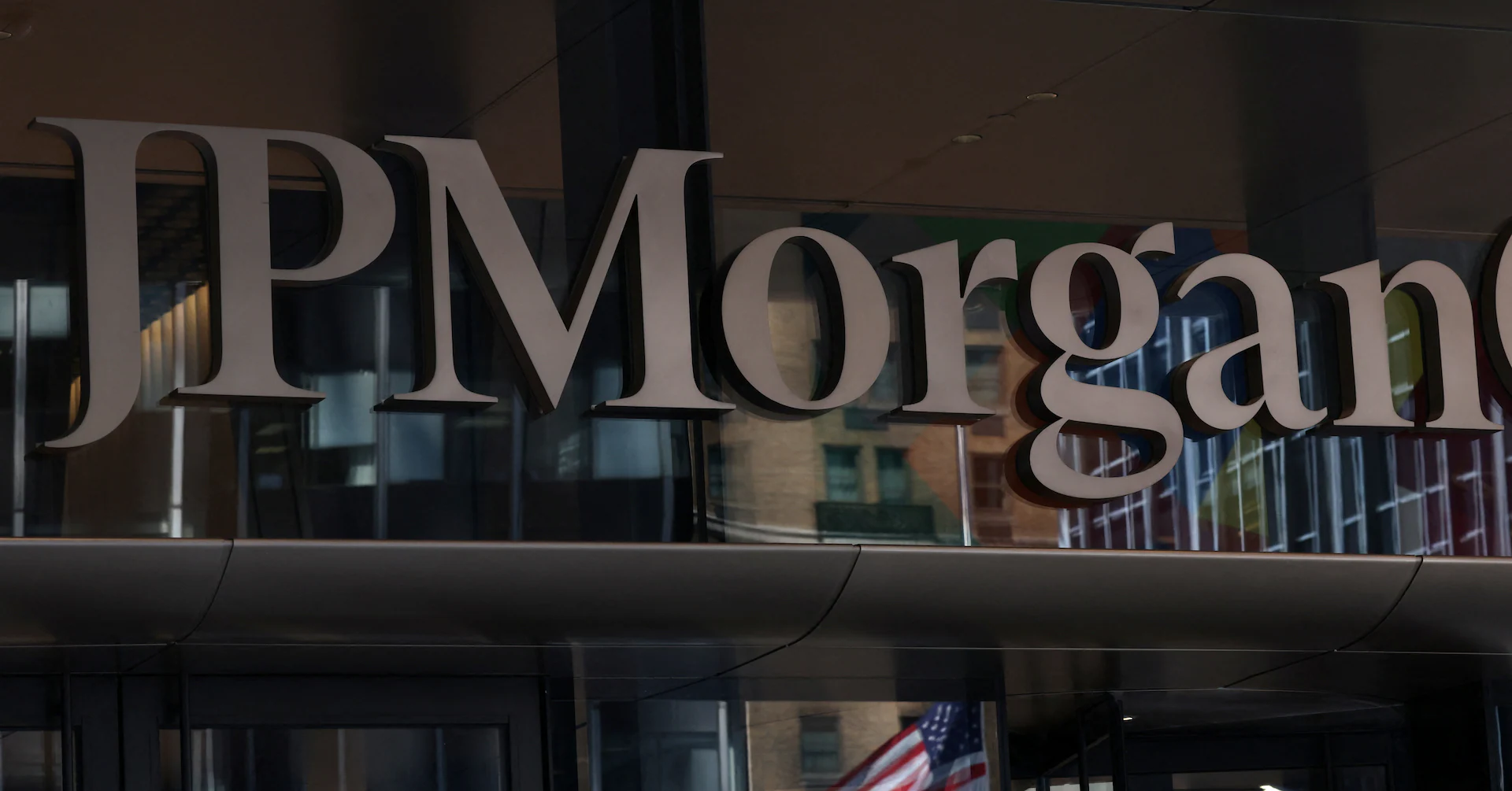By Sohail Sarfraz
Copyright brecorder

ISLAMABAD: The Securities and Exchange Commission of Pakistan (SECP) will amend Companies Act, 2017 to introduce the concept of Waqf management companies and enabling their licensing and regulation under a dedicated legal framework.
In this regard, the SECP has proposed a framework which is not made public.
The SECP has announced its decision to propose a key amendment to the Companies Act, 2017. The proposed Section 42A empowers the SECP to licence companies for managing Waqf assets, which will operate as not-for-profit entities. These companies will be entrusted with the management and administration of Waqf assets strictly in accordance with Shariah principles and the declared objectives of the Waqf.
This landmark initiative represents Pakistan’s first formal step towards corporatising the governance of Waqf, taking inspiration from global best practices in Islamic finance, fiduciary stewardship, and social impact investment. The proposed framework will enable the creation of modern Waqf structures, such as cash Waqf and investment Waqf, thereby paving the way for supporting noble purposes through earnings generated from financial assets. Furthermore, the development of Waqf-linked Sukuk and dedicated Waqf mutual funds will help establish a new segment of Islamic social finance within Pakistan’s regulated financial markets, enhancing the mobilization of capital for charitable and developmental objectives.
Under the proposed framework, the operations of Waqf Management Companies will be subject to robust safeguards and regulatory conditions. These include the immutability of declared Waqf objectives, which cannot be altered or substituted; the perpetual preservation of the Waqf corpus, restricting its sale, pledge, or encumbrance except where explicitly permitted by the Waqf’s objectives; and mandatory compliance with Shariah principles and standards as prescribed by the SECP. Additionally, these companies will be required to maintain strong governance, reporting, and fiduciary controls reflecting the religious and charitable character of Waqf. Ongoing regulatory oversight will include Shariah compliance monitoring and the appointment of qualified Shariah advisors. Any non-compliance with the framework may attract penalties and regulatory sanctions as provided under the law.
This initiative aligns with the SECP’s broader vision to revive Islamic social finance institutions, foster trust-based asset management, and channel Waqf assets for public benefit through structured, transparent, and professionally governed entities.
Waqf companies can introduce products that promote trust, create sustainable social development projects, provide diversified revenue streams, and address Pakistan’s socioeconomic challenges. These products uphold Islamic values and principles, ensuring financial stability and playing a pivotal role in Pakistan’s socio-economic development. Waqf companies can offer a range of Shariah-compliant financial and social products, focusing on Islamic principles and maximizing their impact on social welfare, the SECP added.
Copyright Business Recorder, 2025



